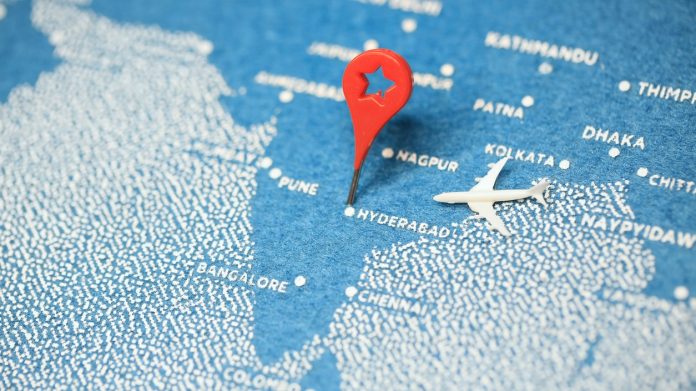Preparations to promote medical travel to India are in full swing. Plans include a dedicated logo to promote the Heal in India initiative globally, a digital portal, standardised treatment prices and a central grievance redressal mechanism for international patients.
The national government’s Heal In India initiative is a pan-India promotion plan by the health ministry to target medical travellers from across the globe. It is focused on positioning India as a global leader in health and aims to boost medical tourism to the country.
The initiative involves a digital portal called Medical Value Travel, which will be a window to integrated Indian healthcare for the world. It will help international patients with their end-to-end medical journey in the country, boost India’s global profile, and offer transparency to the sector.
Heal in India is a multi-stakeholder project involving the central and state governments and the industry to offer quality healthcare in both modern and traditional medicine settings, according to the government’s vision document on the initiative.
The plan intends to standardise processes and treatment packages for foreign nationals, as currently a wide range of prices are quoted for the same procedure in different hospitals across the country. Standardisation of treatment cost so that patients are not overcharged is one of the highlights of this initiative. There is going to be a certified central grievance redressal mechanism for international patients.
In addition to Heal in India, the country’s government is supporting other medical travel initiatives including SANJEEVANI, India Heals, and the Ayush Visa.
The Services Export Promotion Council is looking to actively promote healthcare and medical tourism, and has recently held the SANJEEVANI 2022 meeting to promote India as a destination for wellness, pharma sourcing, cosmetic surgery and IVF treatment.
Cities and states leading medical tourism include Delhi Mumbai, Chennai, Bangalore, Hyderabad and Kerala. The government plans to augment the medical infrastructure of 17 cities that are the hub for medical tourism.
The Ayush visa is aimed at helping international patients access traditional treatments in India. The country says it is witnessing exponential growth and interest in Ayurveda, naturopathy, Unani, homoeopathy medicine and wellness in the country and globally.
The union health ministry says it is also collaborating with civil aviation, tourism and other stakeholders to make it easier for overseas patients in India. Bangladesh, Iraq, Maldives, Afghanistan, Oman, Yemen, Sudan, Kenya, Nigeria and Tanzania account for about 88% of the total international patients visiting India. Bangladesh alone accounts for 54% of the total medical tourists and the numbers are expected to grow owing to collaborative efforts by the government and private sector.
For the long-term sustainable growth of the medical tourism industry, public and private partnerships are seen as key.
India should be one of the more sought-after destinations among overseas patients, primarily because of the low cost of treatment, highly trained doctors, and state-of-the-art diagnostic equipment.








 ©2024 All rights reserved LaingBuisson
©2024 All rights reserved LaingBuisson 


